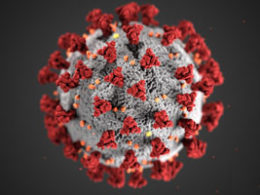By Joanie Bentz, B.S., M.Ed., LBS Sadists and narcissists — are they the same? Pathological personalities can overlap each other with their complexities and commonalities. Over the years, definitive conclusions as to whether a sadist is a narcissist, and vice-versa, have been lacking and debate has been ongoing. A person can be diagnosed with narcissistic personality disorder, which is a cluster B disorder according to the DSM V. This is the Diagnostic and Statistical Manual of the American Psychiatric Association. However, the opposite is true for a sadist, at least presently. There is no official diagnosis of sadism. Sadism was once referred to as Sadistic Personality Disorder (SPD) in …
Sadists and narcissists — similarities and differencesRead More








